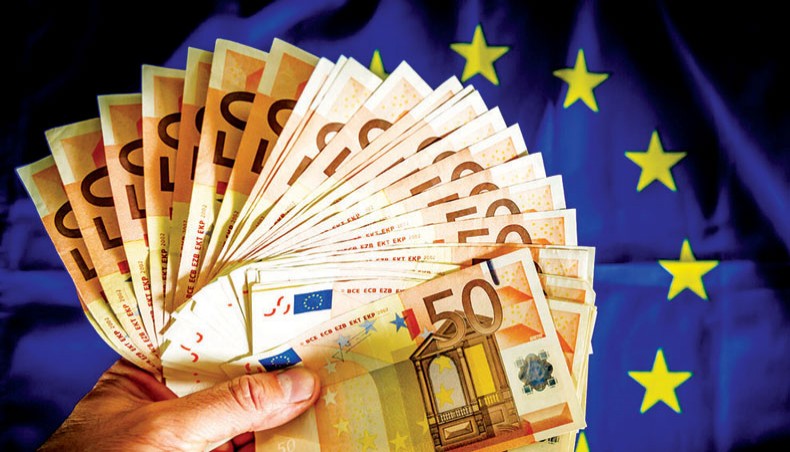The German parliament passed legislation on Friday to raise the minimum hourly wage to 12 euros ($12.85), a key promise made by Chancellor Olaf Scholz’s during his campaign for election last year.
The measure cleared the Bundestag lower house by a large majority, with support from deputies from the ruling centre-left-led coalition as well as the far-left Linke party. The conservative CDU and far-right AfD abstained.
The one-third increase will affect 6.2 million people, among an active working population of 45.2 million people.
The law will see the minimum wage go up in two steps, from 8.82 euros to 10.45 euros on July 1, followed by a second increase to 12 euros on October 1.
Labour Minister Hubertus Heil called the move a “matter of respect” for hard work, saying that for low-wage earners it would mean the “biggest pay increase of their lives”.
A flagship policy in Olaf Scholz’s campaign manifesto for elections last September, the change is not without its critics.
Some experts fear it will add to wage pressures and price rises at a point where inflation is already unusually elevated.
In May, consumer prices rose at a 7.9 percent clip, a post-reunification record for Germany driven by the rising cost of energy.
A recent survey of 800 businesses by the commercial foundation Familienunternehmen found that 89 percent of leaders feared such a wage-price spiral.
Sectors already under pressure from increases in the prices for raw materials are particularly concerned.
The agricultural business lobby DBV warned against the “massive” impact of the wage hike.
Others argue the risks emanating from the measure are more limited.
Reasonable salary increases were needed to “stabilise the economy” the president of the influential DIW economic institute, Marcel Fratzscher, wrote in a column.
At the same time, unions are calling for even more significant pay rises to match the soaring cost of living.
Temporary inflation was “not as damaging” for the state as the loss of purchasing power for employees, the head of the German trade union federation DGB, Yasmin Fahimi, said.
Workers in a variety of sectors are in the process of negotiating new pay settlements.
In steel, several thousand employees held a strike in recent days to demand an increase of 8.2 percent.





